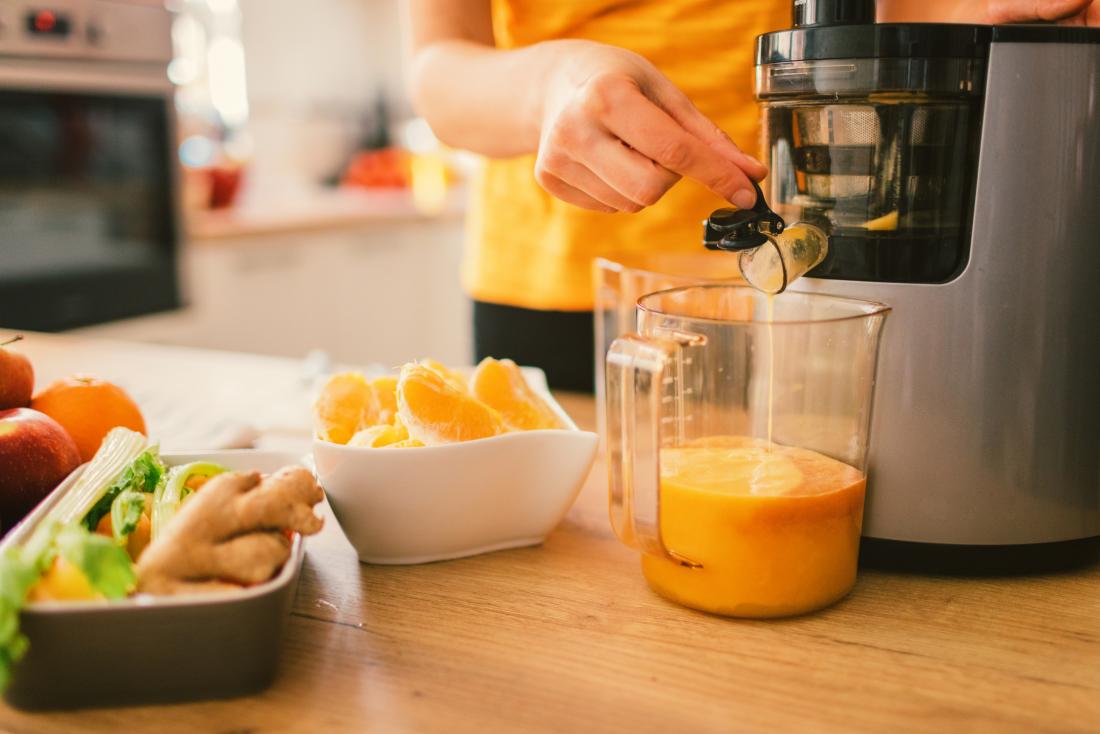
What Are The Disadvantages Of Juicing?
In recent years, juicing has become a fun and fashionable way to ensure that you get your daily fix of fruit and vegetables without having to go to the effort of physically eating vast amounts of these foods. It offers an easy, convenient way to stay healthy even on the go, and has had advocates from celebrity endorsers to health experts preaching the benefits of the technique.
As with anything, however, it is essential to be fully informed when adding new ideas and twists to your diet, and there are some negative aspects to juicing which you may not know. Before you go out and buy the best affordable juicer, here are the downsides of juicing you need to consider.
Juicing Will Not Help With Weight Loss.

A juice diet will not help you to lose weight.In fact, the opposite may be the case. Research shows that the physical act of eating solid food helps us to feel fuller than drinking our meals. As a result, juicing may result in you feeling hungry, even if you are consuming the same amount of calories, and this may lead to what is essentially ‘overeating’ to compensate for this.
Juicing Will Not Build Muscle.
As a general rule, juices lack protein, and this will be detrimental if you aim to build lean muscle and strength. If your body can’t retrieve the protein it needs from your food, it will turn to energy from your muscles. Losing muscle means that your metabolic rate will drop, and this will result in you burning fewer calories when not working out. It also means that any weight you lose will return as soon as you start eating solids.
Juice Can Have Excess Sugar.

Many people believe that juicing is super-healthy as the main component is fruit. Natural fruits, however, contain high levels of sugar and juicing exacerbates this. A greater volume of fruit is required to create enough juice, so you will end up consuming a more substantial amount of the food—and consequently, a higher level of sugar. This can result in ‘sugar spikes.’ Your blood sugar will suddenly soar and then drop, and this can lead to exhaustion and mood swings as you become tired and irritable.
Juicing Can Damage Your Liver.
Fructose is a sugar which is found in many fruits, and it will usually be naturally removed from the bloodstream via the liver. Relying on juice can mean that the liver becomes overwhelmed by the amount of fructose it is receiving, and it will convert this sugar into liver fat instead. This process can make you more susceptible to insulin resistance, and this can result in heart disease, diabetes, or other unwanted diseases.
Juice Lacks Fiber.

One of the most significant risks of a high-juice diet is missing out on fiber. One of the benefits of juicing is that it removes insoluble fiber, making it easier for your body to digest. This can also be a disadvantage, however, as it robs out the body of an essential substance which is vital for maintaining good health.




